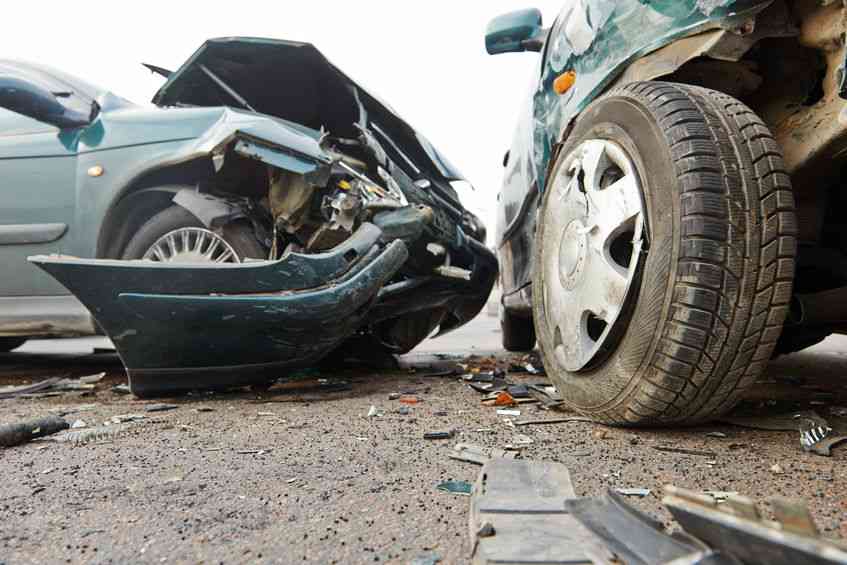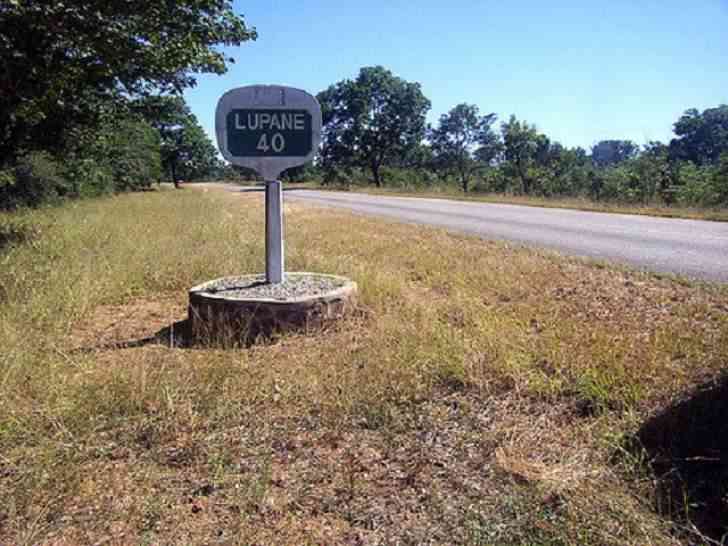
TWO prominent Zimbabweans, including a doctor, died on arrival at different major public hospitals last year because the medical facilities were ill-equipped to handle emergencies.
The two were among many victims of road traffic accidents, who have died due to lack of medical equipment, fully-equipped ambulances that can handle trauma, shortages of specialist services and doctors, and in some instances, bad roads.
The deaths of the two, which received immense coverage both in the media and on social platforms, highlighted the predicament that Zimbabweans now face, as roads turn into death traps.
While some of Zimbabwe’s highways have been rehabilitated, thanks to the Emergency Road Rehabilitation Programmes, accidents levels remain a major cause for concern.
Official data shows that fatal road traffic accidents increased by 15% to 460 during the third quarter of 2023, from 400 reported in the second quarter.
But the health delivery system is deteriorating, which means it will continue to struggle to cope.
It seems providing a good public health delivery system is not among government's priorities.
The citizens are on the own.
- Mavhunga puts DeMbare into Chibuku quarterfinals
- Bulls to charge into Zimbabwe gold stocks
- Ndiraya concerned as goals dry up
- Letters: How solar power is transforming African farms
Keep Reading
It is against this background that private players must come in.
In countries like South Africa, a road accident fund has been set up to provide compulsory cover to all users of South African roads, including foreigners.
Such cover includes injuries and death arising from accidents within South Africa.
The cover is in the form of indemnity insurance to persons who cause the accident, as well as personal injury and death insurance for victims, and their families.
The fund is also responsible for such services as rehabilitation, as well as compensation for victims.
The current set up in Zimbabwe, where only passengers in public red-plate vehicles are insured, is not good enough.
There is a need to come up with a proper road fund that provides mobile ambulances at different locations across the country, armed with first aid kits as well as dispensary medication in the event of an accident.
The road accident fund can be funded from the existing payment channels like vehicle insurance, radio or vehicle licences so that every motorist can easily pay for it.
As I said above, the example is there in South Africa where it has been a success.
We cannot afford to lose more lives on our roads to accidents while we are able to buy luxury vehicles.
Since the government is not keen on fixing the health system, insurers can circumvent it and grab this opportunity to win the hearts of motorists.
After all, what good is a dead client to an insurer?






